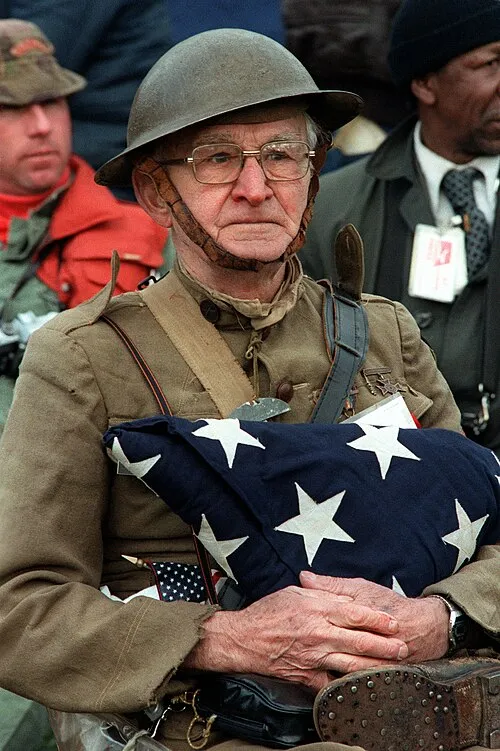
Commemoration and Reflection: Observances of the End of World War I
The conclusion of World War I on November 11, 1918, marked a pivotal moment in history, forever altering the global landscape. The date signifies not only the end of an era defined by unprecedented conflict but also the beginning of extensive commemorative observances aimed at honoring the lives lost and reflecting on the profound implications of the war. This article delves into the various ways we observe the ending of World War I and their significance in today’s context.
The Significance of Armistice Day
November 11, known as Armistice Day or Remembrance Day in various countries, is observed annually with solemn ceremonies and reflections. Initially established to honor the soldiers who fought in World War I, it has evolved to recognize all soldiers who have died in military service. In countries like the United Kingdom, Canada, and Australia, people observe a two-minute silence at 11 a.m., the exact hour when the armistice was signed. This gesture of remembrance serves as a powerful remembrance of the human cost of war.
National Events and Ceremonies
Each country has its unique way of commemorating the end of World War I. For instance, in the United States, Veterans Day is celebrated on November 11, honoring all military veterans. Memorial services are held in various locations, including veteran cemeteries and public parks, where ceremonies include the laying of wreaths, parades, and speeches that reflect on the sacrifice of soldiers.
In France, the day is marked with ceremonies at the Tomb of the Unknown Soldier beneath the Arc de Triomphe, where the eternal flame is rekindled. French President and dignitaries attend this significant observance, underscoring the importance of remembrance in national consciousness.
Educational Initiatives and Community Engagement
Educational programs play a crucial role in keeping the memory of World War I alive. Schools and communities organize events where students learn about the war's history, its causes, and its aftermath. Exhibitions, lectures, and interactive forums are often held to engage younger generations in discussions about the war’s impact on society and its relevance today.
In addition, community service activities increase during this time as many participate in volunteering to support veterans and their families. These initiatives emphasize the ongoing commitment to honoring those who served by taking concrete actions to improve the lives of current and former service members.
Global Perspectives: A Look at Variations
Worldwide, numerous nations observe the end of World War I with unique symbols and traditions. In Germany, November 11 is regarded as National Day of Mourning, where people gather in churches and memorial sites to honor war victims. Meanwhile, in New Zealand and Australia, ANZAC Day on April 25 serves a dual role of commemorating those who served in WWI and subsequent conflicts.
As conflicts evolve, so do the ways of remembrance. Countries like Belgium and Turkey each use a combination of festivals, arts, and memorials to remember their specific experiences and narratives during the war.
Future Commemorations and Reflections
As we move further away from the actual events of World War I, the importance of observances becomes more pronounced. Each commemoration not only serves as a way to honor those who fought and died but also acts as a reminder of the repercussions of war – urging societies to advocate for peace and resolve conflicts through dialogue.
Additionally, the difficulty of global conflicts today invites observers to draw parallels with history, fostering a deeper understanding of the necessity of peace and reconciliation.
Conclusion
In conclusion, the observances surrounding the end of World War I serve multiple vital functions, from honoring the sacrifices made by countless individuals to educating future generations about the costs of conflict. As we commemorate this significant moment each year, we reflect on our shared history and commit to ensuring that the lessons learned from the past guide our actions towards a peaceful future.






